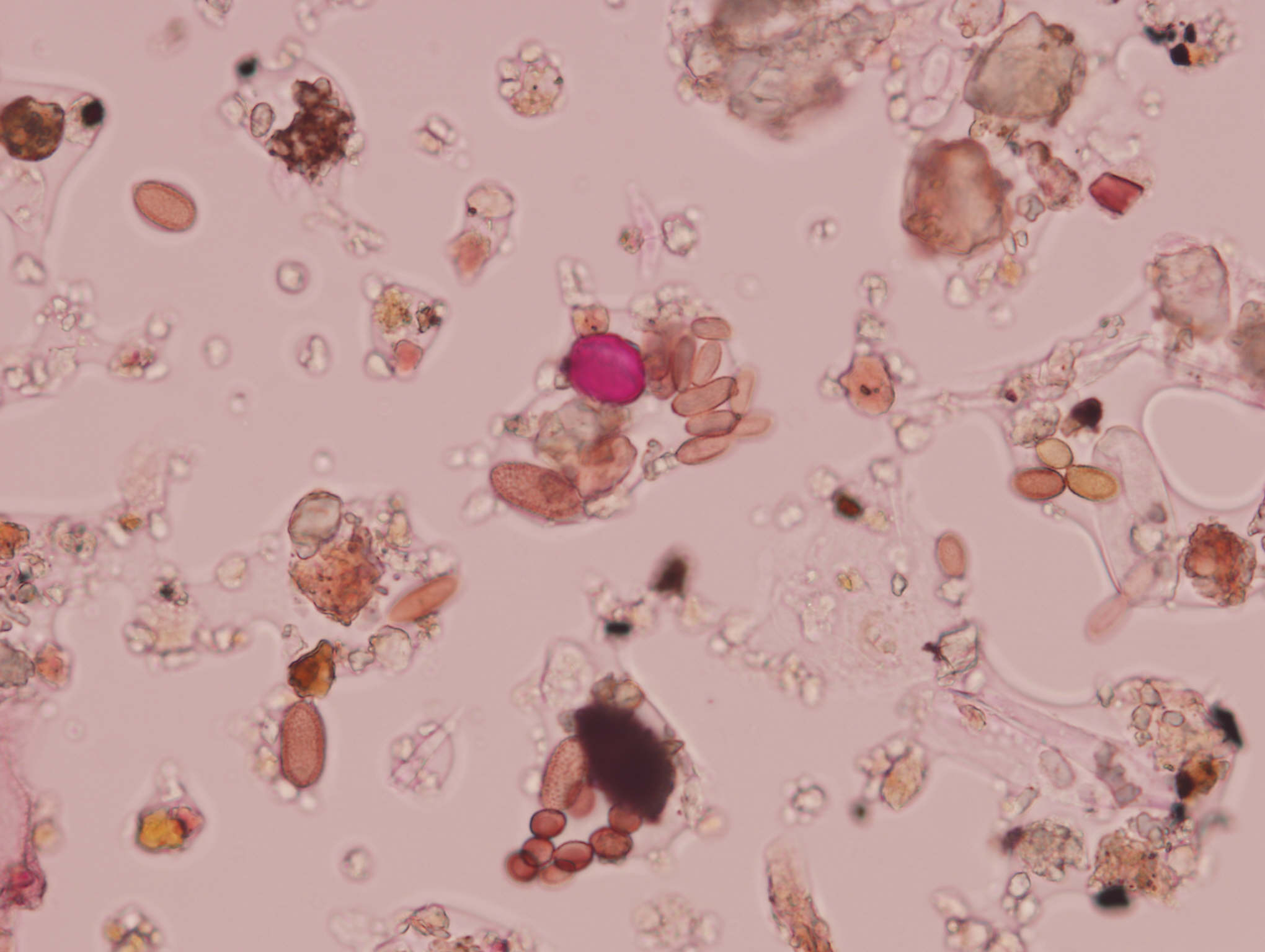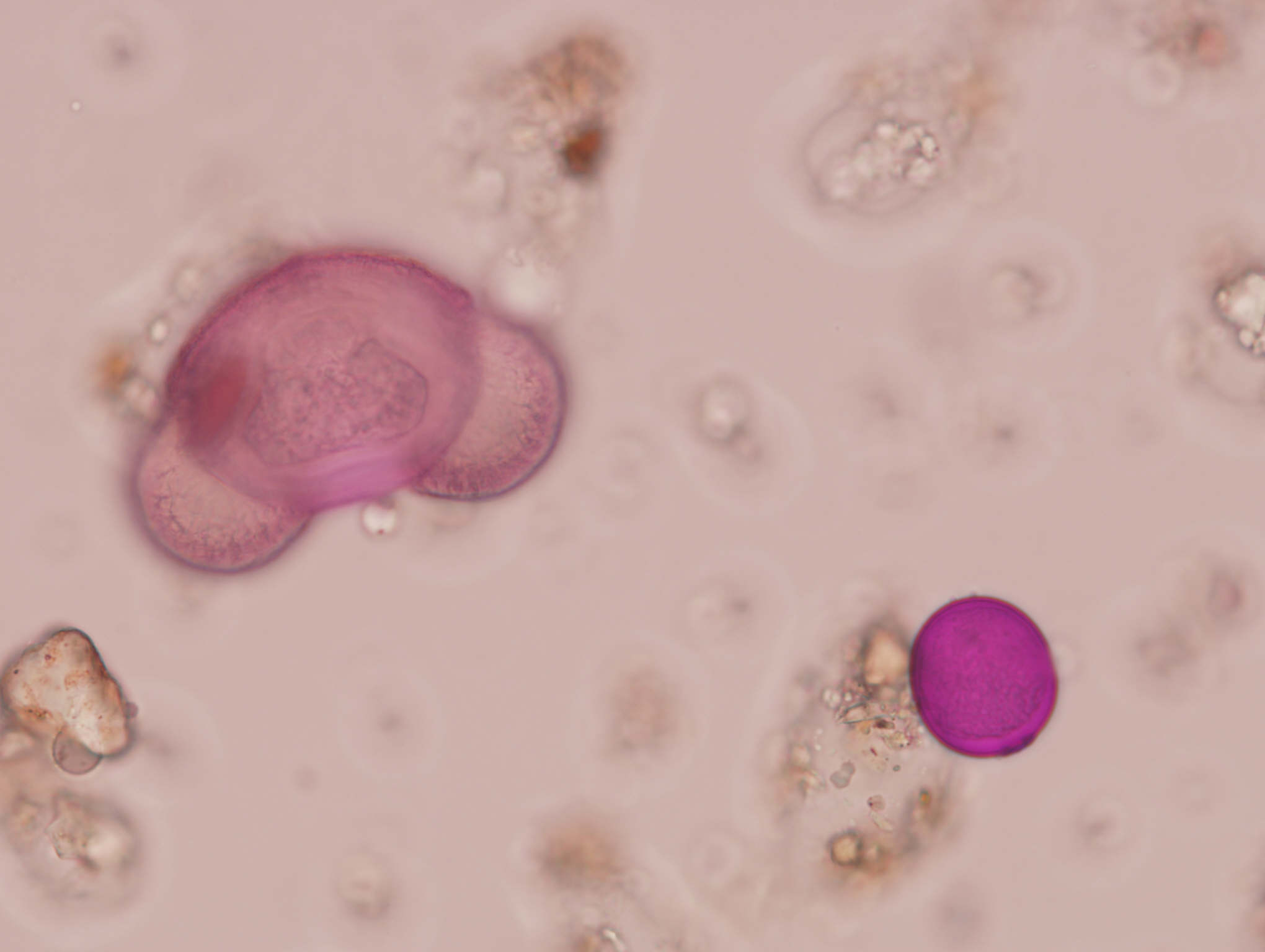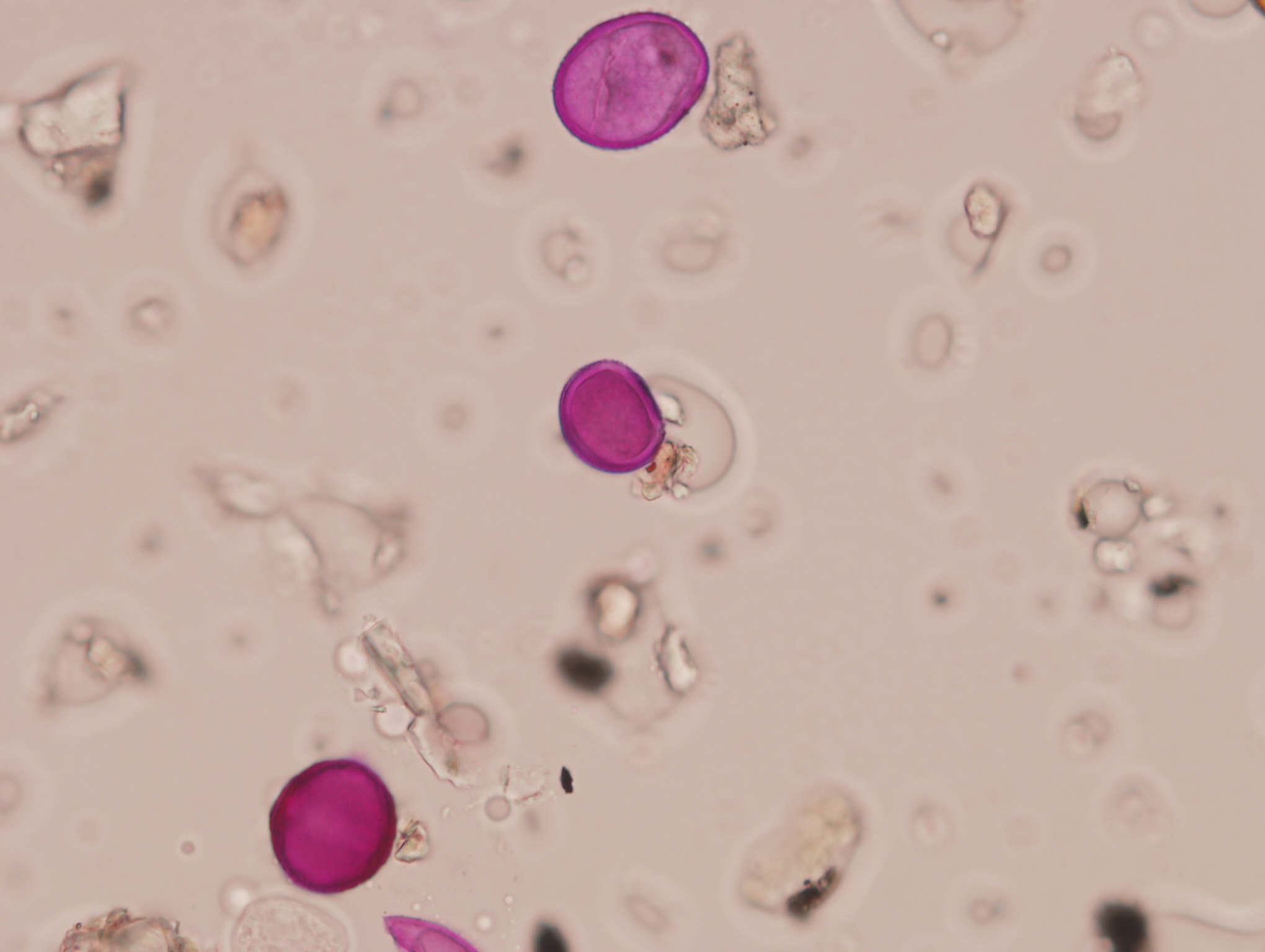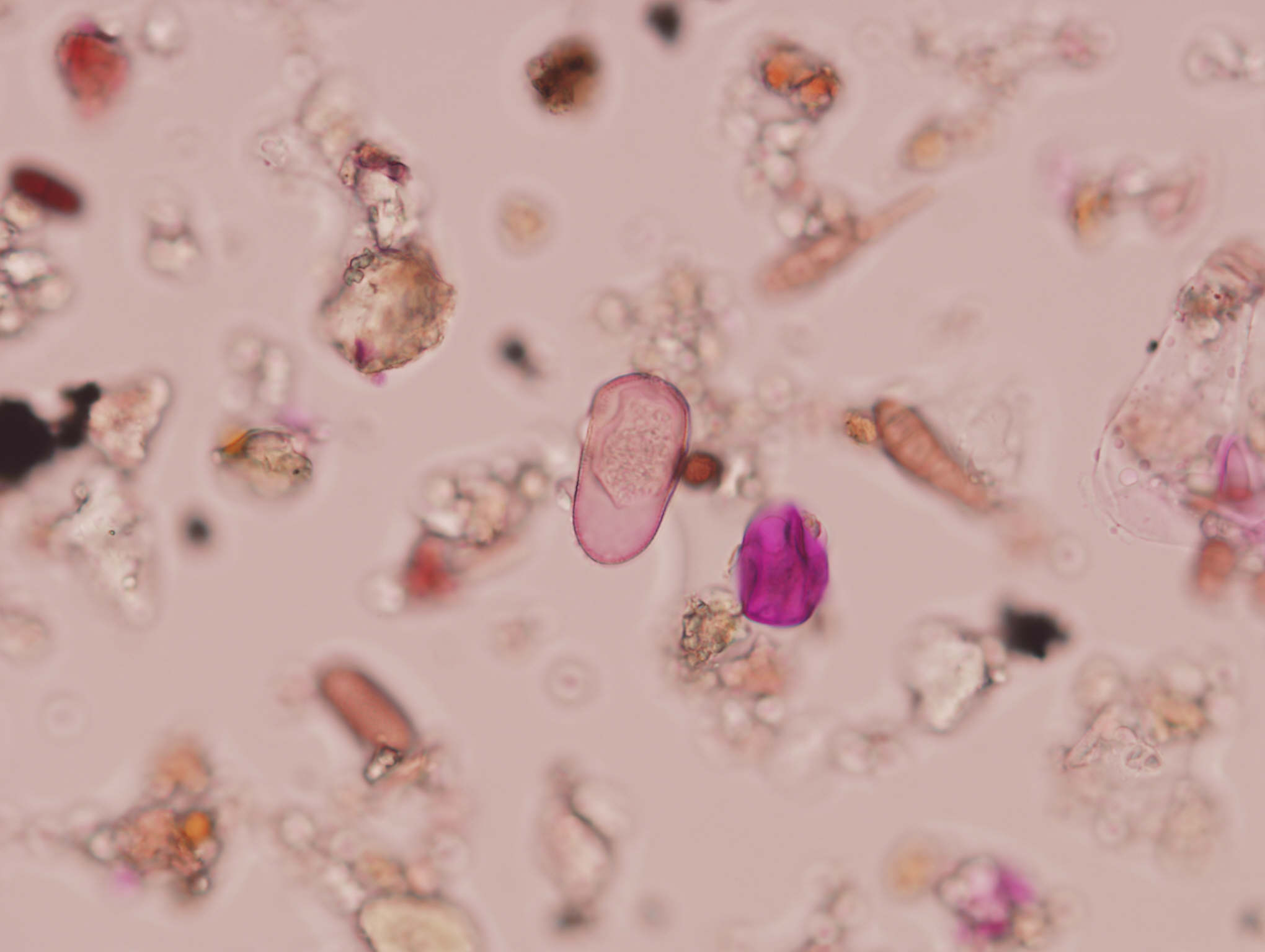Laboratory of Palynology and Aerobiology
MED-UEVORA
Laboratory assigned by University of Évora to SPAIC - Portuguese Society of Allergology and Clinical Immunology for use by the Coordination and Research Centre of the RPA - Portuguese Aerobiology Network .The RPA aims, among other things, to monitor pollen grains and spores of fungi with allergological capacity present in the atmosphere of several locations that cover practically the entire country, mainland and islands, to proceed with their dissemination and forecasts.
Team

Head
Elsa Rute Guerra Caeiro
Contacts
Laboratório de Palinologia e Aerobiologia, Polo da Mitra, Universidade de Évora Apartado 94, 7006-554 Évora, Portugal
Research
In the Laboratory of Palynology and Aerobiology are developed the research activities of RPA - Portuguese Aerobiology Network, a free public service provided by SPAIC - Portuguese Society of Allergology and Clinical Immunology in close collaboration with the University of Evora.
The main goals of RPA are the following:
- To monitor at national level the daily pollen and fungal spores levels of the main morphological types with allergological relevance and to forecast it;
- To create a database with aerobiological information to help and support aerobiological and allergological research and;
- To disseminate, at local and national level, through the media, the information on the most common pollen allergens.
The RPA pollen information is presently disseminated through the internet portal of SPAIC or of RPA (www.spaic.pt or www.rpaerobiologia.com ).
In spring, a “Boletim Polínico" is disseminated through the media (eg .: Radio, Newspapers, TV and social networks).
In addition, RPA's interaction with University of Évora, MED involves the following actions:
- Assistance with training / education in Aerobiology and Immunology Research Areas, including the collaboration / support on the orientation of scientific studies at undergraduate, masters, doctoral and post-doctoral levels; and
- Collaboration in University of Évora and MED's research projects and activities.
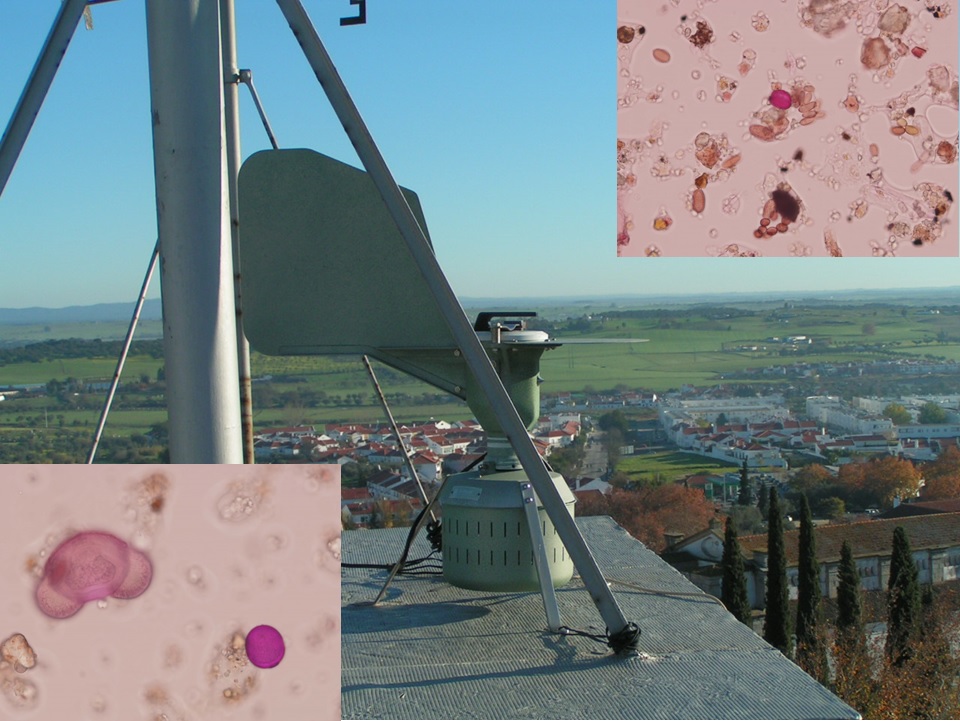
Teaching
The Laboratory of Palynology and Aerobiology participates in training / education activities in Aerobiology and Immunology, including the collaboration / support on the orientation of scientific studies at undergraduate, masters, doctoral and post-doctoral levels.
Services
The Portuguese Aerobiology Network continuously monitors bioaerosols contained in atmospheric air, in particular pollen grains and fungal spores with allergological capacity, and uses a methodology that follows the recommendations of the EAS - European Aerobiology Society and the standards of the European Norm EN 16868:2019, the Hirst methodology. In this methodology, a Burkard Seven Day Volumetric Spore-trap® pickup is used, which draws in air and uses a flow rate similar to that of humans (10L/min). The flow rate used by the sensor is similar to that of humans (10 L/min) so that the results can be compared with the allergic symptomatology of the patients. The particles contained in the air samples are identified and quantified under an optical microscope, and the results are expressed as daily average concentrations per cubic meter of air.
